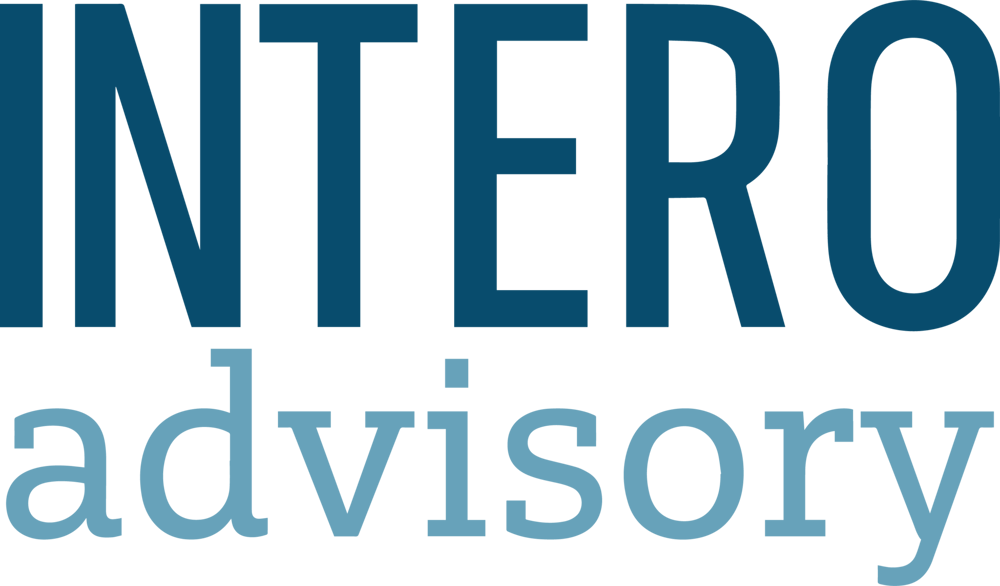When this post was originally published in August 2013, we received such a great response. Since then, it has been shared and referenced multiple times. For those that haven’t read it yet, we’d thought we’d share it again. Enjoy!
Do you know what FOMO is?
I was listening to my college-aged daughter and her roommates earlier this spring after a big lacrosse game. They were making plans for their evening and one of her roommates said, “Of course we’re going. Too much FOMO for me.”
“FOMO, what’s that?” I asked.
“Mom, fear of missing out. You know it, you have it,” she laughed.
FOMO isn’t just a newly jiggered acronym and favorite term of the young crowd. It’s also on our brains more often because we live in a real-time, over-sharing world. Social media makes FOMO a daily phenomenon.
I do have some FOMO and where, in the past, it may have referred to not being invited to a particular social gathering or event, today it means opportunity, people and information.
Jenna Wortham in her article Feel Like a Wallflower? Maybe It’s Your Facebook Wall quotes Sherry Turkle, a professor at the Massachusetts Institute of Technology and author of “Alone Together,” who says that as technology becomes ever more pervasive, our relationship to it becomes more intimate, granting it the power to influence decisions, moods and emotions.
That may not sound like a good thing but if you’re in business, take notice and consider why a FOMO mindset on LinkedIn will get you a whole lot further. The power to influence decisions happens on LinkedIn every day.
So, while much of the social media world is talking about how to manage their almost compulsive need to be online — 56% of social media users suffer from FOMO — I want to share some reasons why you should have at least some FOMO about LinkedIn. In short, it keeps you in the game. In business, if you’re not in the game, you’re out. Out of business, that is.
7 reasons you should have a FOMO LinkedIn mindset. Take the quiz:
- You are in business to create opportunities, and sell products or services, correct? Great. LinkedIn is where people go to find people to work with and buy from. It’s prospecting and client development.
- You are in business and know referrals are, or should be, your main way in to key prospects, more customer opportunities and strategic relationships, correct? Great. LinkedIn is where you manage those relationships in one place, create top-of-mind engagement and leverage your influencers and connections. It’s networking.
- You are in business and are always looking for new salespeople and other key positions, correct? Great. LinkedIn is the number one place to go for talent acquisition today. Find both passive and active talent in one place. It’s talent finding.
- You are in business and you can do business anywhere, not just in your own city, correct? Great. LinkedIn allows you to build your network and business locally, regionally, nationally or internationally. It’s business building.
- You are in business and have subject matter expertise, correct? Great. LinkedIn wants you to share your insight and expertise with others who are seeking help and referrals. It’s knowledge sharing.
- You are in a struggling business and don’t have the resources for marketing, correct? Great. LinkedIn lets you build your professional brand, your network, your Groups and your Company Page for little cost. The cost is your time and mindset. It’s a free gift from LinkedIn.
- You are in business, but couldn’t care less about LinkedIn, correct? Well not great, but if that’s your reality consider one of the following options:
- Reconsider and jump in. You don’t like to pay taxes or fire people either, right? You still do it though.
- Hire a LinkedIn specialist to work with you on both strategy and tactical implementation. You hire consultants in other areas, right?
- Find an internal champion who understands LinkedIn as a business tool and let them create the strategy and plan. Don’t give it to the intern or entry-level person. They don’t have enough context or understanding of how business works yet. If they can prove they do, test them.
- Read this article. If you’re the CEO or business owner, now is the time to act. If you can, share this with your CEO or owner, they need to know.
So, you see why FOMO is important? Not jumping in and managing the opportunity is way worse than being overwhelmed, daunted, and confused. There are people to help. Dismissing LinkedIn is, at this point, an irresponsible business decision. No other way to put it.
Need some additional insight, check out our blog, we have lots of posts on the why. Here’s just one success story. This is the norm not the exception: Personalizing Pays Off.


